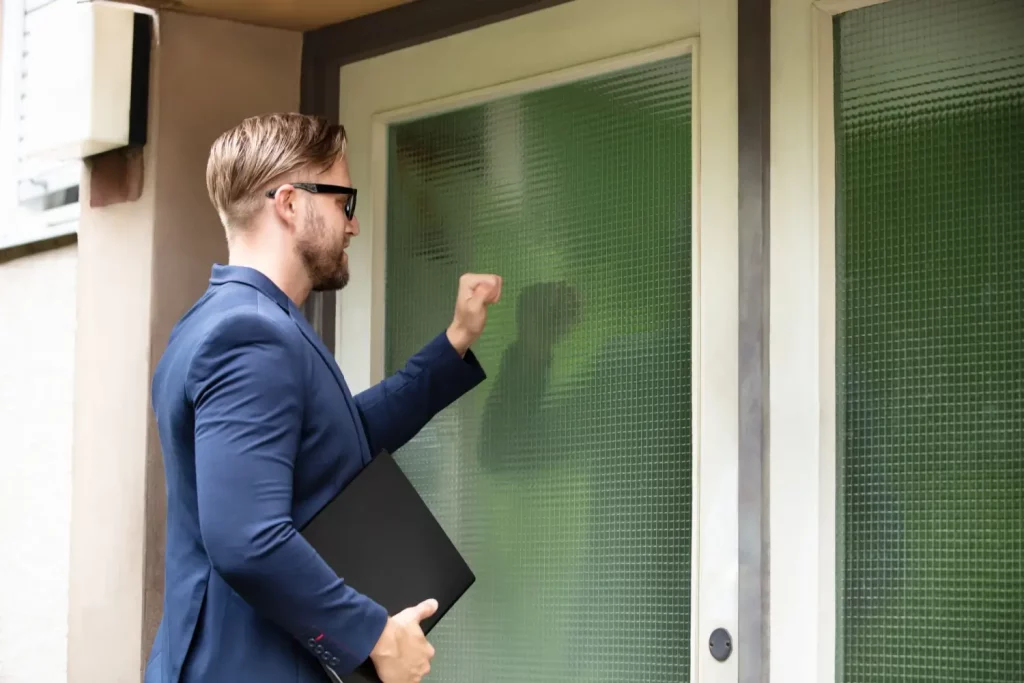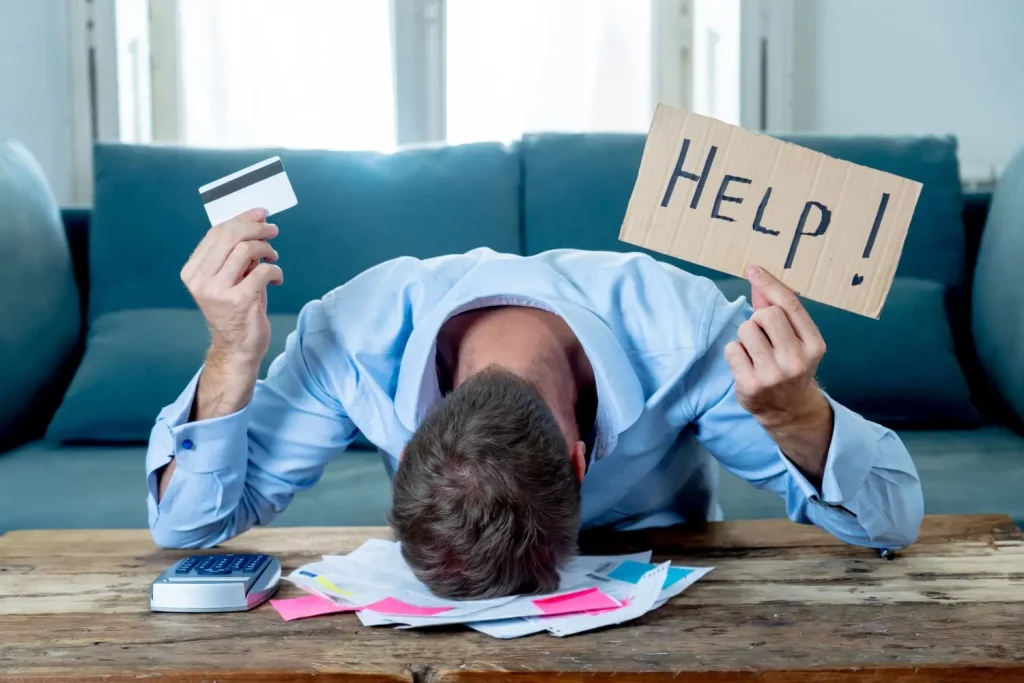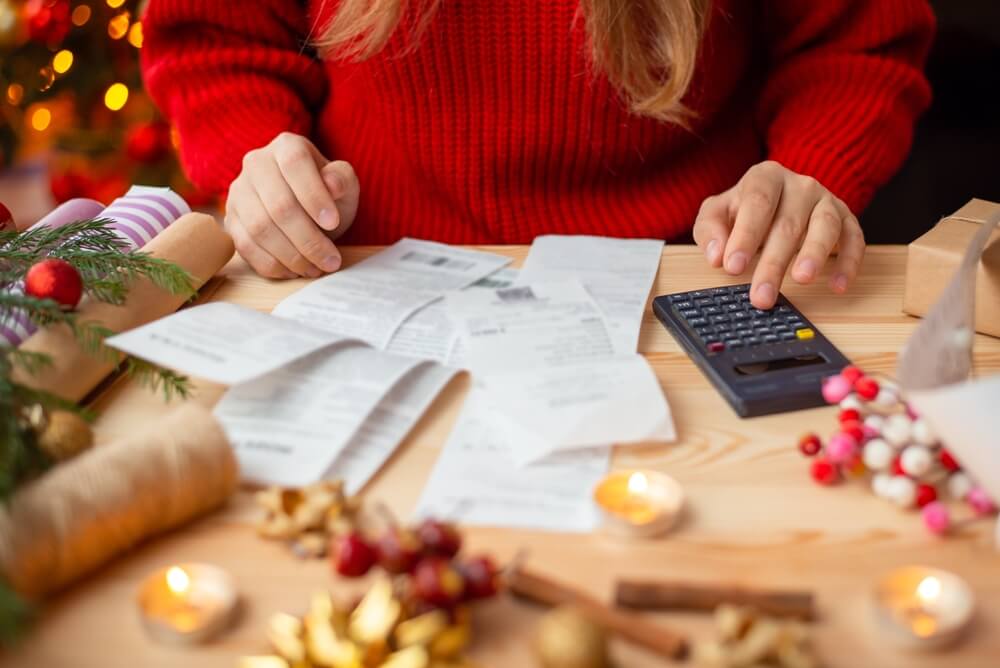During the COVID-19 pandemic, the Canada Emergency Response Benefit (CERB) was established to provide financial support to employed and self-employed Canadians.
However, since this time, many Canadians have been told they received benefits when they were not eligible. As a result, these people are now having to pay back the money they received.
The notices being sent out state that you may not have been eligible for the CERB benefit because:
- You incorrectly received CERB payments from both Service Canada and the Canadian Revenue Service (CRA)
- You did not earn the minimum income required to qualify
But what does this mean for you, exactly? Let’s take a look.
Key Takeaways
Service Canada vs. CRA
When CERB was first established, many Canadians were confused about where to apply, as, during this inaugural phase, there was an opportunity to apply through both Service Canada and the CRA.
Therefore, anyone that applied to both places at one time would have received double the benefit they were entitled to. If you fall into this category, unfortunately, you will need to repay the extra CERB you received.
Read our guide – CRA – Notice Of Collection Explained
Income Eligibility
To quickly provide financial support to those in need during the pandemic, the CRA did not actively review applicants’ income before approving them for the benefit.
During the rollout of CERB, there was a lot of confusion, leading to many Canadians believing they were eligible when they actually weren’t.
The following incomes are not considered employment or self-employment income, and therefore, are not eligible for the CERB:
- Pension income
- Disability benefits
- Student loans and bursaries
- Family support payments
- Social assistance payments
- Employment Insurance (EI) earnings
- Canada Child Benefits (CCB) or Working Income Tax Benefit (WITB)
- Investment Income
Many Canadians had the belief that if they couldn’t secure a job due to COVID, they could receive CERB benefits. However, technically, this was not the case.
The CRA has also interpreted income guidelines to refer to net income, not gross income. This interpretation has led to some self-employed individuals receiving CERB repayment notices based on their net income levels, which has caused confusion and concern.
To address this issue, you may have the option to file a T1 Adjustment form with the CRA to lower the expenses you claimed in 2019. Once your net income surpasses $5,000, you would become eligible for CERB benefits and would not be required to repay them.
We know that this can seem complicated and overwhelming. Which is why we strongly recommend discussing this with a qualified tax accountant or tax lawyer to explore your options.
Collections
The Canadian Government and the CRA understand that for many Canadians, the pandemic did not end when lockdown stopped. Many remained ill, or out of work. As such, the CRA was not applying the full force of their collection efforts.
However, now that the December 2021 deadline has passed, ineligible receivers of the benefit have a responsibility to pay back the funds. If you fail to do so, the debt will be added to your income tax bill.
When income tax is owed to the CRA, they will withhold your income tax refunds and any other benefits, including Canada Child Benefit, until they have been paid back in full. They also charge 6% annual interest, which is compounded daily!
Can’t repay CERB?
Like any other income tax debt, bankruptcy and consumer proposal proceedings can erase Government debts (unless those debts arose due to fraud). There has been no indication that the CRA will consider ineligible CERB claims as fraudulent, so we suspect the vast majority of claims will be fully dischargeable.
If you have received a collection letter from the CRA, you have three options:
- Prove your eligibility: First and foremost, try to prove you were eligible. Provide the CRA with whatever information they need to prove that you do not owe any repayment.
- Pay in full: Payments to the CRA had to be settled in full by December 31, 2021. You can try to contact them to make the payment in full but it may be too late to sort this out with them directly. If they will not entertain you…
- Consider a bankruptcy or consumer proposal: Speak with one of our licensed insolvency trustees to reduce your debts, including the CERB repayment benefit.












